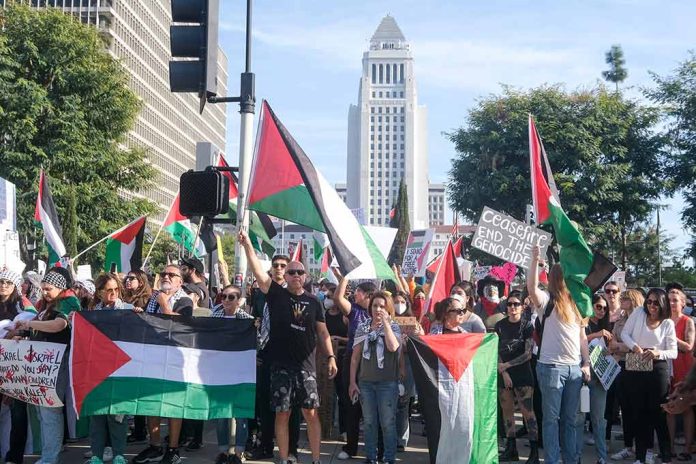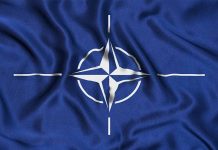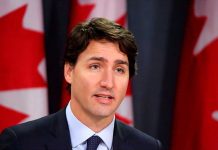
The US and France have pushed for a 21-day ceasefire in the Israel-Hezbollah conflict, but will this initiative find enough support?
At a Glance
- The U.S., France, and other allies called for an immediate 21-day cease-fire between Israel and Hezbollah.
- The cease-fire aims to allow space for diplomatic negotiations and prevent broader regional escalation.
- The conflict has resulted in over 600 deaths in Lebanon and displaced tens of thousands.
- The cease-fire proposal does not include Hezbollah as a signatory but expects coordination with the Lebanese government.
- Israeli Prime Minister Benjamin Netanyahu has not yet responded to the proposal.
Ceasefire Proposal Amidst Rising Violence
In a move to address the escalating conflict between Israel and Hezbollah, the US and France have jointly called for a 21-day ceasefire. This proposal was introduced at the UN Security Council by French Foreign Minister Jean-Noël Barrot in response to the ongoing violence that has resulted in over 600 deaths in Lebanon and displaced tens of thousands. The humanitarian crisis has strained local hospitals, which are struggling to manage the influx of injured civilians.
The ceasefire aims to create a window for diplomatic negotiations and to prevent further regional escalation. The initiative has garnered support from numerous nations, including the U.S., Australia, Canada, the EU, France, the U.K., Germany, Italy, Japan, Saudi Arabia, the UAE, and Qatar. However, the proposal has encountered resistance, with Israeli Foreign Minister Israel Katz, acting as prime minister, vowing to continue fighting.
The U.S., France and other allies jointly called Wednesday for an “immediate” 21-day cease-fire to allow for negotiations in the escalating conflict between Israel and Hezbollah that has killed more than 600 people in Lebanon in recent days.https://t.co/y8OrIZKwTb
— abc27 News (@abc27News) September 26, 2024
Diplomatic Efforts and International Support
U.S. officials, including Secretary of State Antony Blinken and national security adviser Jake Sullivan, have lobbied for the ceasefire plan at the UN General Assembly. Lebanese Prime Minister Najib Mikati has publicly supported the proposal, highlighting the need for a pause in hostilities to address the humanitarian crisis. Despite the support from key international players, the Israeli response remains uncertain.
“We call for an immediate 21-day cease-fire across the Lebanon-Israel border to provide space for diplomacy,” the joint statement from US and French officials read. “We call on all parties, including the governments of Israel and Lebanon, to endorse the temporary cease-fire immediately.”
Adding to the complexity, Israeli Prime Minister Benjamin Netanyahu has not yet responded to the ceasefire proposal. Israeli U.N. Ambassador Danny Danon expressed a desire for a ceasefire but stopped short of committing to the temporary truce. Meanwhile, Hezbollah continues attacks in support of Hamas, with recent missile attacks intercepted by Israeli defenses.
Future of the Ceasefire: Uncertain Path Ahead
The path to a ceasefire remains uncertain as diplomatic negotiations continue. Both Israel and Lebanon have reaffirmed their commitment to a 2006 U.N. Security Council resolution that called for a cessation of hostilities and the disarmament of armed groups. However, the situation remains volatile, with recent Israeli air strikes targeting Hezbollah’s infrastructure and leadership, causing significant casualties.
Lebanese Prime Minister Najib Mikati emphasized the unprecedented level of the current conflict, urging the international community to take immediate action. “This is in nobody’s interest, neither of the people of Israel nor of the people of Lebanon,” he stated.
The ceasefire’s success largely depends on the willingness of all parties to engage in diplomatic talks. UN Secretary-General Antonio Guterres has also urged an immediate ceasefire. Both Israel and Lebanon recognize the importance of reducing hostilities, but whether a temporary truce can lead to long-term peace is yet to be seen.


















